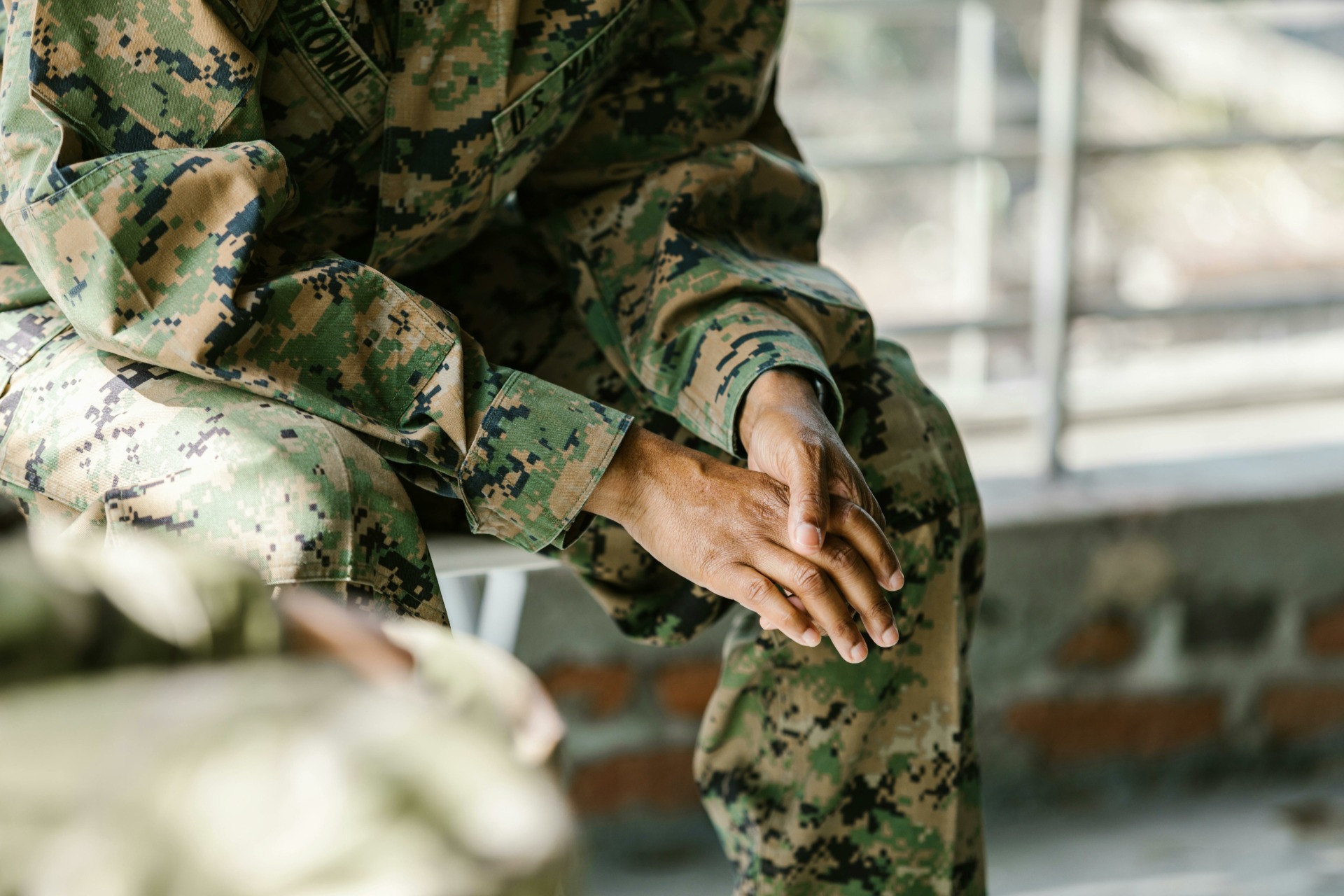One of the most dangerous conditions currently facing American war
veterans is post-traumatic stress
disorder.
PTSD affects 31 percent of Vietnam veterans, 10 percent of Gulf War
veterans, 11 percent of Afghanistan war veterans and 20 percent of Iraq
War
veterans,
and it can have devastating repercussions that are commonly treated with
a combination of narcotics and
therapy.
Unfortunately, narcotics have many side
effects,
and many veterans are looking for safer treatment options. In doing so,
many have turned to marijuana. While marijuana is often more efficient
at managing PTSD and
associated conditions than a veteran’s typical cocktail of narcotics and
opioids, many veterans don’t have access to marijuana as a treatment for
PTSD.
What Is PTSD?
PTSD arises after a person experiences a traumatic event. While PTSD
isn’t limited to veterans, the occurrence rates in post-war
veterans are
higher than those in the civilian population. When an individual
experiences a traumatic or life-threatening event, the mind and body go
into shock, creating severe
symptoms.
These include night terrors, flashbacks, depression, suicidal thoughts,
irritability, anger, withdrawal and extreme emotional reactions, such as
panic attacks and irrational fear.
How Is PTSD Treated?
While PTSD is common (the National Center for
PTSD estimates that
7-8%
of civilians are affected), it’s tough to treat. Because PTSD presents a
complex set of symptoms, the U.S. Department of Veterans Affairs (VA)
has developed a varied treatment
plan
that includes group and private therapy sessions and doses of opiates,
antidepressants, and benzodiazepines. Unfortunately, this cocktail comes
with side
effects.
These side effects include difficulty sleeping, intense anxiety, and
suicidal thoughts and actions. Because of this, marijuana is being
evaluated as an alternative option with fewer adverse effects.
Why Is Marijuana a Safer Option?
Marijuana is an effective treatment option for everything from[anxiety
to sleep
disorders,
and recent scientific evidence is proving that marijuana is also an
effective treatment for PTSD. According to a 2014
study
conducted in New Mexico and published in the Journal of Psychoactive
Drugs, cannabis can reduce the symptoms of PTSD in affected veterans by
75 percent. This is because marijuana produces an effect known as
“memory
extinction,”
which diminishes traumatic memories. Other researchers, such as Dr.
Suzanne Sisley (a PTSD specialist), have been emboldened by past study
results and are currently
spearheading new cannabis studies in states that have legalized
marijuana.
While these studies are promising, proving marijuana’s effectiveness in
PTSD treatment is only half the battle. Up until very recently, veterans
who expressed an interest in marijuana for PTSD treatment risked losing
their other prescription drugs, because marijuana, as a Schedule I drug,
violates the Opioid Pain Care
Agreement.
Even after medical marijuana was legal in many states, VA doctors were
routinely discouraged from talking about the treatment option with their
patients due to the threat of having their licenses
revoked
or facing legal charges.
To answer the cry from veterans for medical marijuana and fill the
information and care gaps, independent advocacy groups such as Veterans
for Medical Marijuana
(founded by an Air Force veteran) began to spring up around the country.
These independent groups worked tirelessly to rally against the VA’s
strict cannabis policy and, in time, they brought about change. In 2011,
however, the VA began to allow some breathing
room
for medical marijuana use in response to intense pressure from the
veteran community. In addition to prohibiting doctors from revoking a
patient’s access to prescription drugs due to medical marijuana use, the
new VA measures also laid out monitoring programs for medical marijuana
access.
While it remains difficult for veterans in states where medical
marijuana
is not legal to access life-changing, cannabis-centric PTSD treatment,
many veterans are hopeful that future research and changing attitudes
about medical marijuana can provide easier access to this life-changing
drug.
Photo by RDNE Stock project






